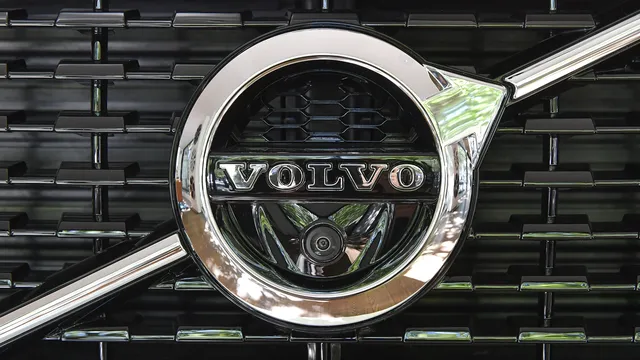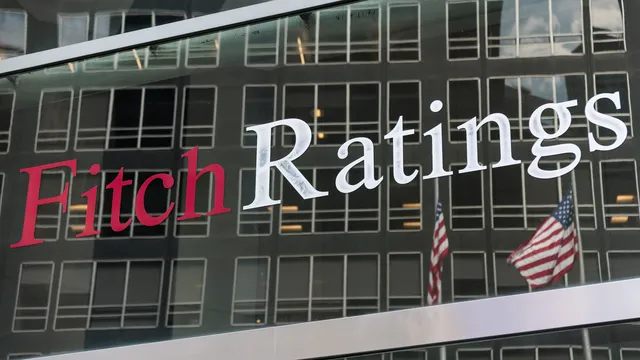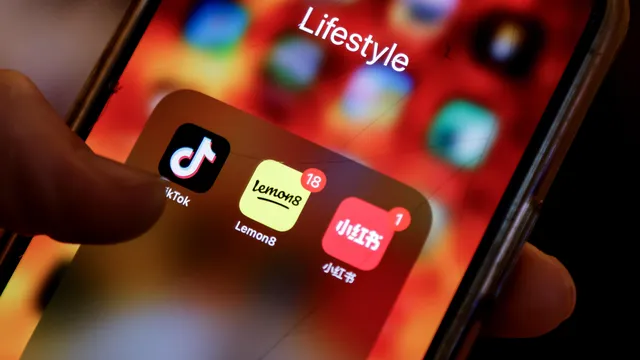Volvo announced that it is reporting a loss of $1.2 billion due to US tariffs and production delays affecting the company's two newest electric vehicle models.
"Due to import tariffs, the company is currently unable to sell the Volvo ES90 at a profit in the US, and ES90 margins are under pressure in Europe for the same reason," the automaker told investors.
In the US, Volvo has to grapple with a 25% import tariff imposed by US President Donald Trump in April, AFP reported.
Volvo Cars, owned by Chinese automotive group Geely, had planned to sell its luxury ES90 sedan in the US starting next year at a price starting at around $75,000.
It was supposed to join the all-electric Volvo EX90 SUV, which went on sale this year starting at $81,000.
However, the company said that delays in the launch of the EX90 and additional development costs, as well as customs barriers to the sale of the ES90, meant that "we have reassessed the sales volume forecasts for these two vehicles" and will have to take a non-cash impairment loss.
The one-time non-cash impairment loss of 11.4 billion Swedish kronor ($1.2 billion) will be reported in the second quarter of 2025.
The automaker's CFO, Fredrik Hanson, said that tariffs and production delays had "led to lower than planned life cycle profitability."
Volvo manufactures cars at several plants around the world, including in South Carolina in the US, as well as in Sweden and China.
The company's CEO, Håkan Samuelsson, said in early April that Volvo would increase car production at its US plant and would likely move production of the ES90 there.
At the end of May, the company announced that it was cutting 3,000 jobs, about 15% of its office staff, with almost half of those in Sweden. | BGNES

 Breaking news
Breaking news
 Europe
Europe
 Bulgaria
Bulgaria







